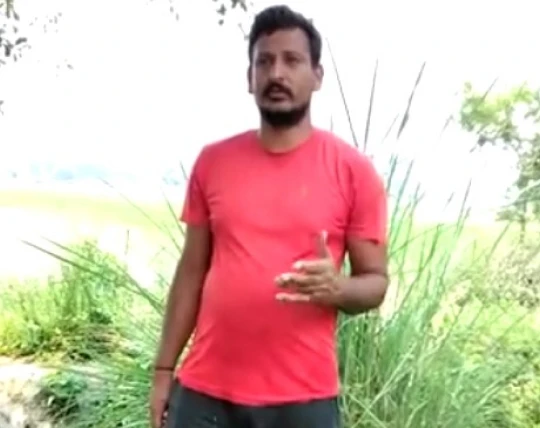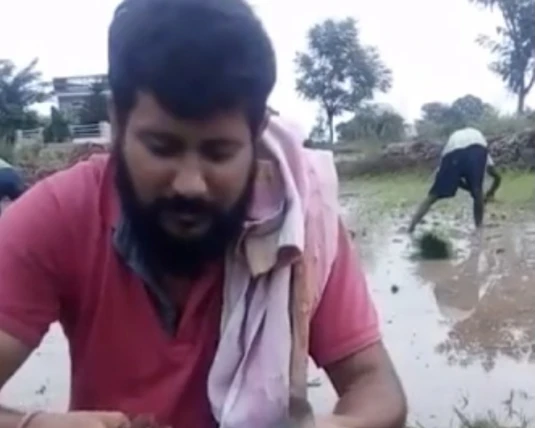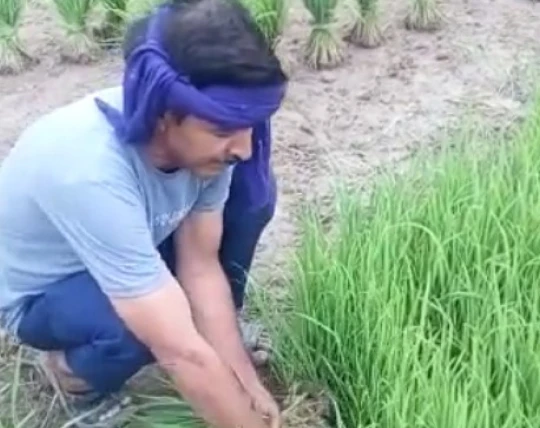Our farmers from Purwa cultivate a variety of organic and sustainably grown crops like Traditional Basmati Paddy (CSR-30), Black Gram , Mustard, Barley and more, which are then fine-graded and checked for quality assurance before distribution.


Nature Bio Foods’ Purwa Project is situated in the Unnao District of Uttar Pradesh, India, approximately 35 km from the sub-district headquarter Purwa and 45 km from the district headquarter Unnao. This serene village is home to diligent and charming farmers who depend on crop cultivation for their livelihood. As the heart of our business lies with these farmers, we are pleased to have a significant impact on their lives.
The Purwa project grows various Rabi, Kharif, and Zaid crops, with a focus on producing high-quality Basmati rice, which is the most popular product of the farms. The project prioritizes organic farming practices, ensuring that all the NOP and COR laid standards of organic farming are being followed while developing healthy and fertile soil for long-term production.
NBF’s Project Purwa
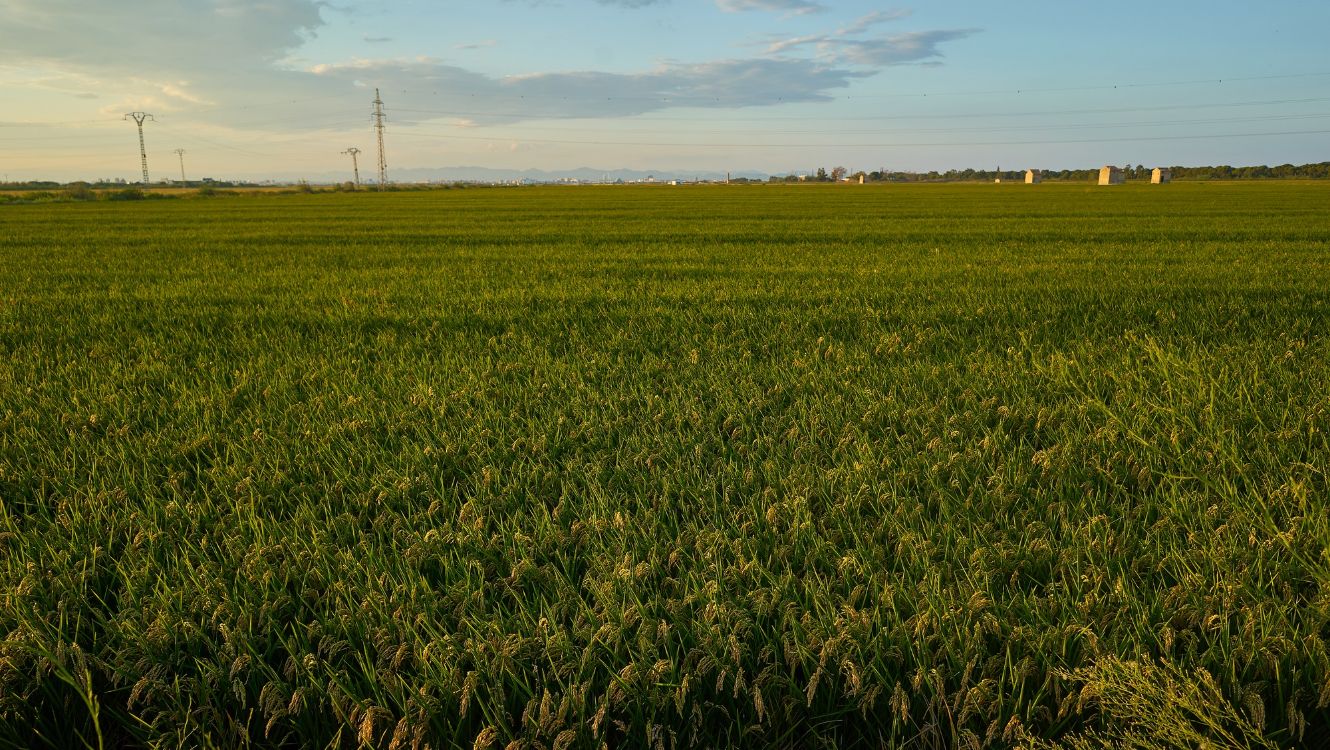

Location of the Project
NBF’s Purwa Project spans over two blocks in Uttar Pradesh- Purwa and Bichhiya. Purwa is located in the Jaunpur district of Uttar Pradesh and is governed by the Purwa Gram Panchayat. It falls under the jurisdiction of the Mariahu community development block, with the nearest town being Jaunpur, located about 6 km from Purwa. The holy river Ganges is situated 46 km from Purwa.
Coordinates – NBF’s project geographical coordinates are 26° 28′ 0″ North, 80° 47′ 0″ East.

Organic Certification
USDA Organic and Canada Organic Certified Purwa Project

Nature Bio Foods Purwa project is certified organic by the National Program for Organic Production (NPOP), which is the regulatory body responsible for implementing organic certification in India.
To obtain NPOP certification, the Purwa project underwent a rigorous certification process that involved a thorough inspection and evaluation of the entire organic farming system, from the farm to the processing and distribution facilities.
The NPOP certification program is designed to ensure that organic produce is grown and processed using strict organic standards that prohibit the use of synthetic pesticides, fertilizers, and genetically modified organisms (GMOs). It also ensures that the farmers and processors adhere to strict guidelines for sustainability, environmental protection, and social responsibility.
The NPOP certification of the Purwa Project is a testament to Nature Bio Foods’ commitment to promoting sustainable and ethical agriculture practices in India. It provides assurance to customers that the organic produce sourced from the Purwa project is of the highest quality and meets the stringent standards set by the NPOP.

Canada Organic Certification is a program that ensures organic agricultural products meet specific standards. The program is administered by the Canadian Food Inspection Agency (CFIA) and requires all organic products to be produced without the use of synthetic pesticides, fertilizers, or genetically modified organisms (GMOs). To receive certification, farmers must adhere to strict regulations, including maintaining detailed records of their farming practices and undergoing regular inspections. The certification label provides consumers with the assurance that the product has been grown and processed using environmentally sustainable and socially responsible methods.
Everything you need to know about Purwa
The Purwa Project of Nature Bio Foods involves a total of 4000 farmers, working across 2861.63 hectares of organic farming land.
The Purwa Project area is situated in the fertile great plains of the Ganges, which has alluvial soil. The Ganges river acts as a natural boundary between the Unnao and Kanpur districts, while the river Sai bounds the district to the east. The project area lies in the Sai Sub-basin of the Ganges basin, which is predominantly flat.
Approximately 92% of the project area is under cultivation, and it experiences a subtropical climate. The district’s economy mainly depends on agriculture, with the leather industry being the most significant industry in Unnao.
Agricultural Characteristics
Soil Profile

Purwa district comprises of three major types of soil – Sandy, Clay, and Loamy. The Loamy soil type is found in the plain areas, while the ridges contain Sandy soil, and the topographic lows have Clay soil. The Clay-dominating soils frequently have patches of User soil.
The major soil types in the district are Deep Sandy soil, which covers an area of 78,300 hectares, followed by Deep stratified Loamy soil covering 67,100 hectares, and Deep Fine soil covering an area of 52,200 hectares.

Sandy Soil: Sandy soil is predominantly found in the ridges of Purwa district. It has a coarse texture and offers good drainage, making it suitable for crops that thrive in well-drained conditions. However, sandy soil has lower water-holding capacity and may require additional irrigation.

Clay Soil: Clay soil is primarily located in the topographic lows of Purwa district. It has a fine texture and tends to hold water for longer periods. While clay soil can be fertile, it may require proper management to prevent waterlogging and improve its workability for agricultural purposes.

Loamy Soil: Loamy soil is commonly found in the plain areas of Purwa district. It is a balanced mixture of sand, silt, and clay particles, offering good drainage while retaining adequate moisture. Loamy soil is known for its fertility and suitability for a wide range of crops, making it favorable for agricultural activities in the region.
Climate Condition
Purwa, situated in the Middle Plain Zone of Uttar Pradesh, experiences four distinct climatic seasons – winter, summer, monsoon, and receding-monsoon. The temperature in the region ranges from 6 to 46 degrees Celsius. The soil in the region is mostly alluvial and has a neutral to moderately alkaline pH level with a medium organic content.
The district receives rainfall towards the end of June, which lasts till mid-October. The average annual rainfall in the region is around 2800-3100 millimeters.
Temp.
Minimum

6 °C
(Dec-Jan)
Maximum

46 °C
(May-June)
Humidity
Relative Humidity

29%
Rainfall
Average Rainfall

2800 - 3100 mm
Seasons
There are mainly three seasons.

Summer
(Mar-June)

Rainy
(July-Sep)

Winter
(Oct-Feb)
Farm Water Availability
The farm has three sources of water: rainfall, canal, and tubewell. Irrigation in the Purwa project is primarily done through the Sharda Canal network system and tube wells. Approximately 87% of the net sown area (3,00,000 hectares) is irrigated using both surface water (Sharda Canal network system) and ground water through shallow and moderately deep tube wells. Surface water irrigation accounts for 48% of the total, while ground water accounts for the remaining 52%. The ground water level is found within 30-35 feet.
Nature of Farmers
The farmers in Purwa, Unnao have traditionally relied on conventional farming practices, but there has been a growing interest in organic farming in recent years. The farmers in Purwa are mostly small-scale and marginal farmers, owning less than two hectares of land. They rely heavily on the monsoon season for water, and often face challenges such as low productivity, soil degradation, and pests and diseases. However, with the support of organizations such as Nature Bio Foods, many farmers in Purwa are transitioning to organic farming practices, which offer numerous benefits, such as increased yields, improved soil health, and better market prices.
In addition to farming, many farmers in Purwa are also involved in animal husbandry, primarily raising cattle, goats, and sheep. Livestock rearing is an important source of income for farmers, as it provides additional revenue streams through milk, meat, and other byproducts.

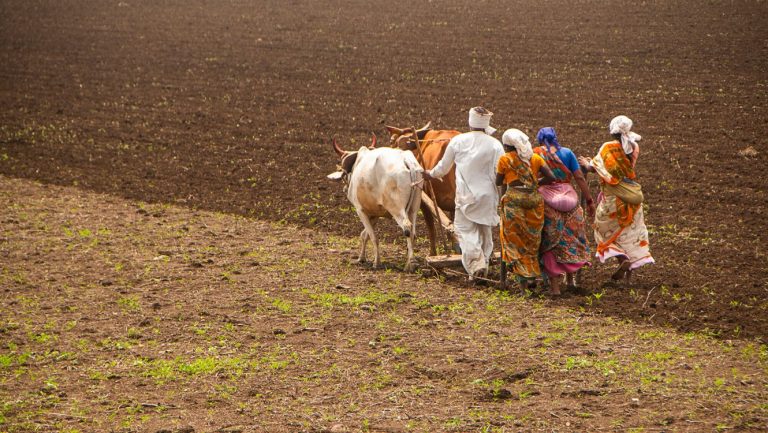

Growing Conditions
The growing conditions in Purwa are highly favorable for most Kharif and Rabi crops. The main crops in the area include Paddy, Wheat, Mustard, Moong, and Black Gram, which require a hot and humid climate with high humidity and prolonged sunshine, as well as a reliable supply of water.
Most of the farmers in Purwa are smallholders and rely on traditional farming methods and tools. The local farmers follow traditional organic farming practices and rely on seasonal rainfall for irrigation. The region is also home to several agricultural research centers that work towards improving crop yields and promoting sustainable farming practices.
Crop Details
The region around Purwa is known for its fertile agricultural land and is a major producer of various crops. Traditional Basmati Paddy (CSR-30) is the most popular crop in Purwa. It is also probably one of the most often chosen types of this grain, mainly due to its perfect texture and its fragrant aroma. After all, its name says “fragrant”! (Basmati means fragrant in Hindi)
Kharif
- Traditional Basmati Paddy CSR-30)
- Non-Basmati Paddy
- Non-Basmati Paddy-Sona Masuri
- Moong
- Black Gram
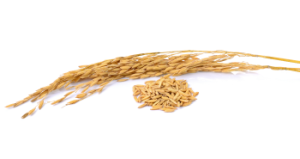
Rabi
- Wheat
- Onion
- Garlic
- Barley
- Mustared
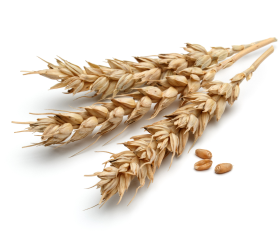
Statistics
NBF Supply Chain

NBF Supply Chain
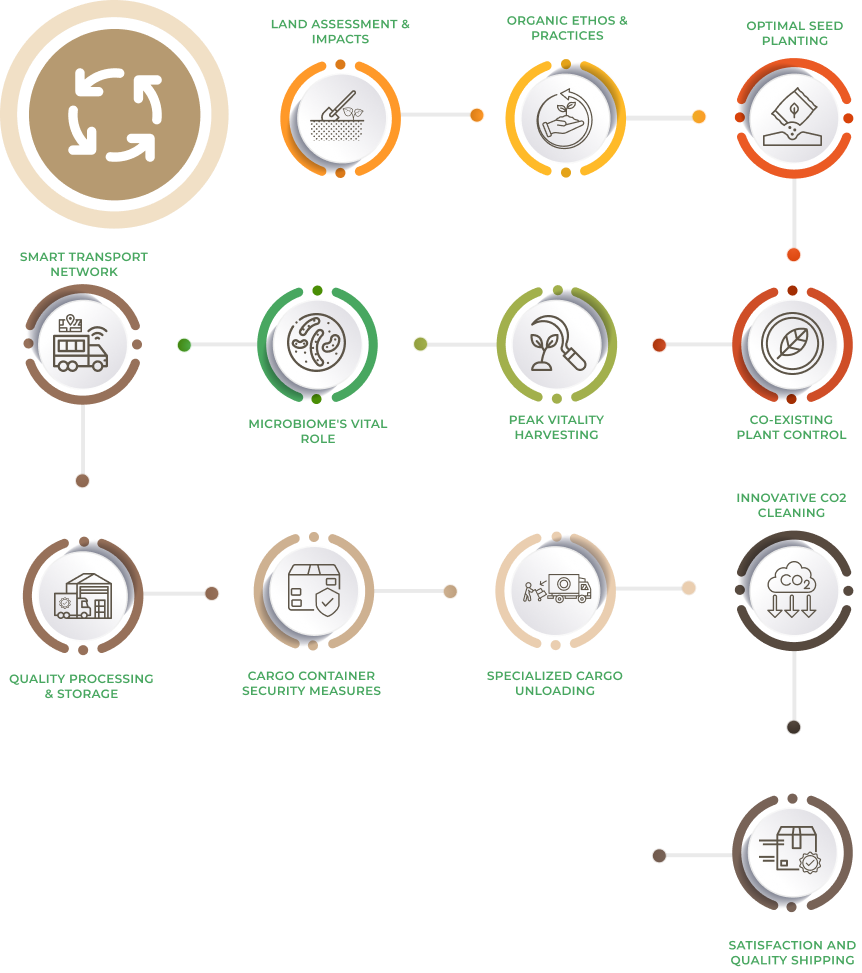
How to Reach Purwa, Unnao?
Purwa is connected by mainly road transport via the popular cities Lucknow and Kanpur. One can take bus services from Charbag (Lucknow) to Kaiserbag (Lucknow) to Alambag (Lucknow). From Kanpur, one has to come to Unnao first and then take public transport for Purwa.

By Train
The nearest railway station to Purwa is Unnao Junction, which is located approximately 35 km away. You can take a taxi or a bus from the railway station to reach Purwa.

By Road
If you are traveling by road, Purwa is well connected to major cities in Uttar Pradesh by road. You can take a bus or hire a taxi to reach Purwa from cities like Lucknow, Kanpur, and Allahabad.

By Air
The nearest airport to Purwa is Chaudhary Charan Singh International Airport in Lucknow, which is about 65 km away. From the airport, you can hire a taxi or take a bus to Purwa.

Places to Visit in Purwa, Uttar Pradesh
Jageshwar Dham Temple
This ancient temple is dedicated to Lord Shiva and is one of the major religious sites in Purwa. The temple is located on the banks of the Ganges river and is believed to have been built around the 9th century. It is known for its beautiful architecture and intricate carvings.
[/mvc_ihe]Sai Temple Purwa
This temple is dedicated to the Indian spiritual master Sai Baba and is a popular destination for devotees. The temple is located in the heart of Purwa and is known for its peaceful atmosphere and beautiful gardens. Visitors can participate in daily prayers and rituals, and the temple also hosts several festivals throughout the year.
[/mvc_ihe]

Elevation
It has an average elevation of roughly 123 meters.


River
The holy river Ganges touches the district near the village of Purwa Gahir, Uttar Pradesh.


Soil
The main soil types of the district are Sandy, Clay and Loamy soils.
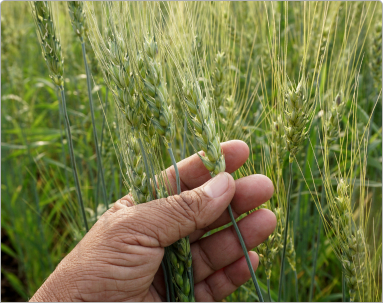
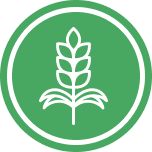
Crop
Horticulture crops of the Purwa project include Basmati, Sona Masuri, Moti Masuri, Ganga Kaveri, Moong, Black Gram.
Sustainability Efforts
Economic
| Women's Empowerment through Entrepreneurial Training Programs |
345 |
|
| Empowering Young Women: Career Counseling for Future Success |
345 |
|
| Craftsmanship Unleashed: Skill Development in Artisanal Handicrafts |
345 |
|
Social
| Nourishing the Future: Workshop on Child Nutrition and Well-being |
900 |
|
| Guiding the Leaders of Tomorrow: Mentoring Programs for Students |
600 |
|
Environmental
| Cultivating the Earth: Advanced Training in Soil Regeneration |
456 |
|
| Towards a Plastic-Free Future: Comprehensive Reduce and Reuse Initiatives |
987 |
|
| Preserving Our Lifeline: Campaigns for Water Conservation and Stewardship |
235 |
|
| Agriculture in Harmony with Nature: Organic Farming workshops |
653 |
|
| Clean Village, Healthy Village: Promoting Cleanliness and Sanitation at the Grassroots Level |
653 |
|
Our Impact

Impact of our Farmers
The impact of our farmers is significant in enhancing soil fertility through various methods such as crop rotation, cover cropping, reduced tillage, and application of compost. These practices reduce fuel-intensive tillage, resulting in carbon sequestration, decreasing greenhouse gases, and reversing climate change. In addition, they can improve soil structure and reduce the possibility of soil erosion.

Difference our People are Making
The difference our organization is making is by converting land from conventional management to organic management, managing the entire surrounding system for biodiversity and sustainability, and using alternative sources of nutrients such as crop rotation, residue management, and organic manures. We provide complete biological inputs to our crops, and our teams supervise and manage weed and pest control through better management practices, physical and cultural means.

Contribution by our Customers
Our customers’ contribution is vital in promoting food safety and environmental issues. The concern for their health, the environment, and worldwide crises has increased exponentially. Organic agriculture has become the only option for many consumers. Simply by consuming organic produce, they are contributing to the overall health of the planet and making an impact towards sustainability.



